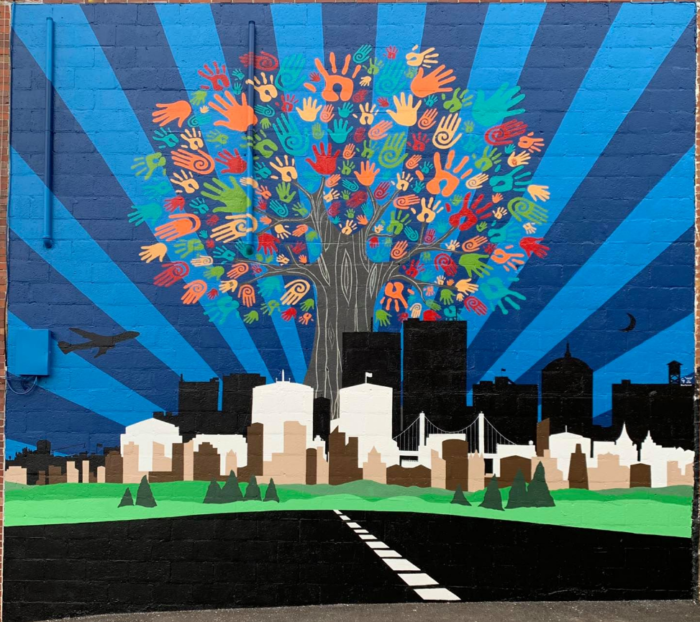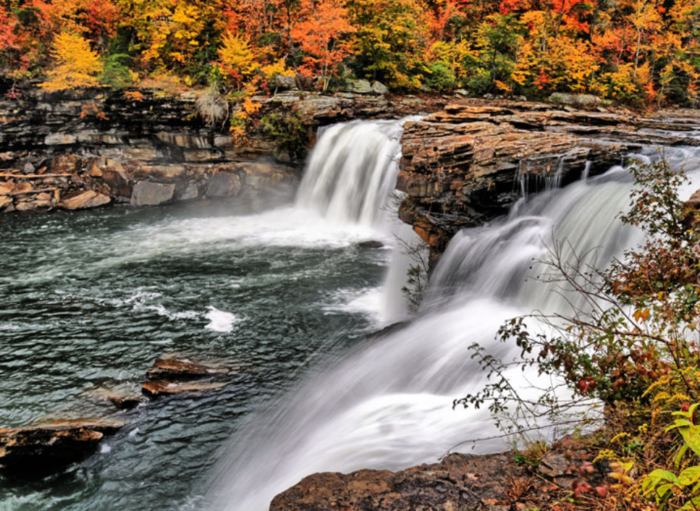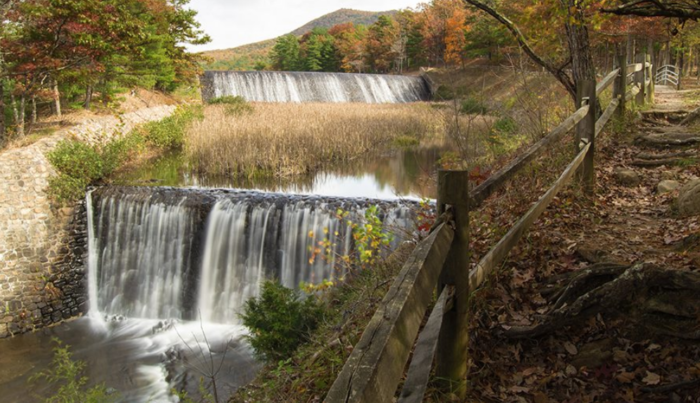Appalachia’s gateway communities — towns bordering on publicly owned lands, like national and state parks and forests — often find themselves caught between promotion and preservation. Promoting nature and culture is key for economic growth, especially for areas experiencing economic distress and transition. Too much use, however, impacts the preservation needed to maintain trails, waterways, crafting traditions, and more for future generations.
To help communities develop thoughtful strategies around some of Appalachia’s most treasured assets, The Conservation Fund launched the Appalachian Gateway Communities Initiative (AGCI) in 2007 with support from ARC and the National Endowment for the Arts.
Smart, Sustainable Planning
During the three-day workshop, participating teams hear from national and regional experts, exchange ideas with other teams, and ultimately develop action plans for their communities. Before, during, and after the workshop, teams receive targeted technical assistance, community tourism assessments, small grants for project implementation, and more.

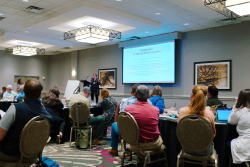
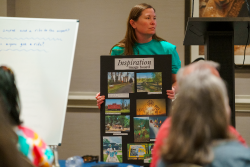
To date, AGCI has supported over 13 workshops, six technical assistance projects, and 40 grants to teams representing 70+ communities across 12 Appalachian states.
Congrats 2024 Participants!
In April, seven community teams participated in the 2024 AGCI workshop in Decatur, Alabama. Together, they explored topics including growing visitation, getting recreation visitors to main street, expanding arts and events, building out visitor services, and more. They’ll use their new networks and action plans to bring thoughtful tourism projects to life.
Watch the video above for highlights of the 2024 AGCI workshop, and then join us in congratulating this year’s participating communities! We can’t wait to see their nature, culture and recreation plans come to life.
- Buckeye Hills, Ohio
- Deep Gap, North Carolina
- I-22 Region, Alabama
- Little River, Alabama
- Murray County, Georgia
- Patrick County, Virginia
- Waverly-Piketon, Ohio
